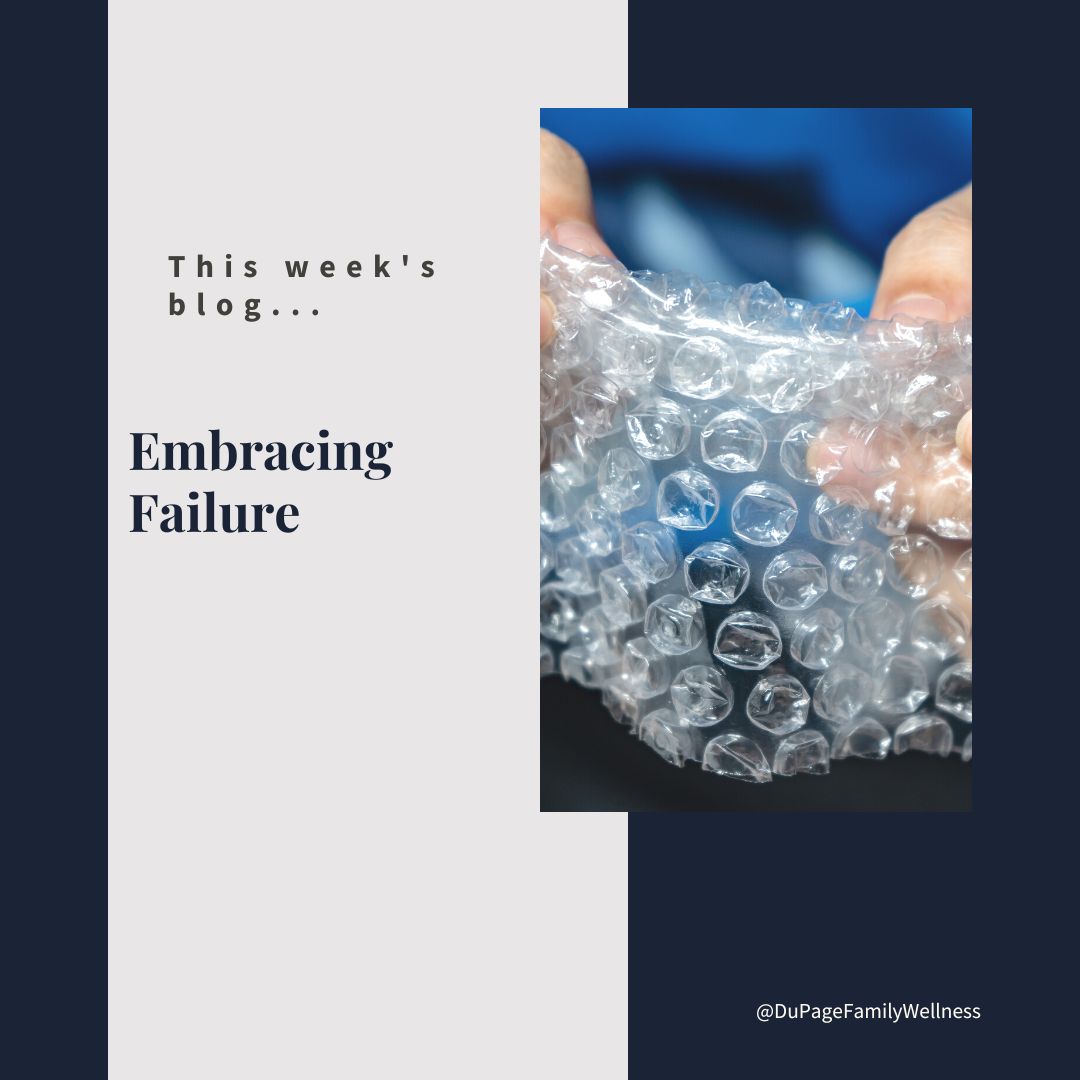 In 1957, Alfred Fielding and Marc Chavannes tried to invent a 3-D wallpaper. They sealed two plastic shower curtains together by heat. The results were disappointing, and it was a complete failure as wallpaper.
In 1957, Alfred Fielding and Marc Chavannes tried to invent a 3-D wallpaper. They sealed two plastic shower curtains together by heat. The results were disappointing, and it was a complete failure as wallpaper.
A decade later Spencer Silver attempted to make a strong adhesive for the space industry. He was unsuccessful and ended up with a weak adhesive that peeled off without leaving a residue.
Failing can be a painful experience, leading to embarrassment and shame. However, the “failures” mentioned above are the reasons we have bubble wrap and post-it notes today. These mistakes were turned into something useful, but even if they were not, the failure would still be valuable.
Let’s explore why many leaders believe that failing is a step on the path to greatness.
Don’t Play it Safe
Elon Musk has a strong history of failure. It is interesting to see how many challenges he had on the way to his success. You can read about his journey in the article here. Because he understands the benefit of taking risks, he explains that in his companies "Failure is an option... If things are not failing, you are not innovating enough."
Achieving greatness inherently comes with the risk of failure. If you embrace failure as a part of learning, you will not need to play it safe. You will be free to try innovative ideas with the potential for huge success.
It is okay to try, fail, learn, and try again. If you never fail, your goals may be too small. This might keep you from failure but will also limit your growth.
Fail Forward
Think about one of your greatest achievements. Did you accomplish it easily without any challenges? Probably not. When you persevere despite failure, you can apply the knowledge you have gained through your mistakes. Winston Churchill said, "Success consists of going from failure to failure without loss of enthusiasm."
It is hard to face the disappointment of one mistake after the other, but perseverance may make all the difference. Consider the fact that Howard Schultz was rejected for a loan 242 times before he secured the funds to start Starbucks.
Are you a Failure
Many of the most successful people were initially considered failures. Just look up the history of the Beetles, Walt Disney, and Oprah Winfrey. They didn’t give up when they were not recognized for their brilliance. J.M. Barrie, the author of Peter Pan, had a unique perspective on failure, saying, "We are all failures - at least the best of us are.”
These celebrities must have had a growth mindset that gave them the fortitude to persevere. This type of mindset focuses on the ability to improve and progress, instead of the limiting belief that you are born with set abilities that limit your capacity for success.
If you are interested in developing a growth mindset, check out Carol S. Dweck's amazing book "Mindset: The New Psychology of Success."
What would you do if you knew you wouldn’t fail? Embracing the possibility of failure can free you up to take chances and pursue your passions. When you realize that failure has a purpose, it will make persevering a little bit easier.
Dr. Jamie
*I earn a small commission on qualifying purchases as an Amazon Associate.

